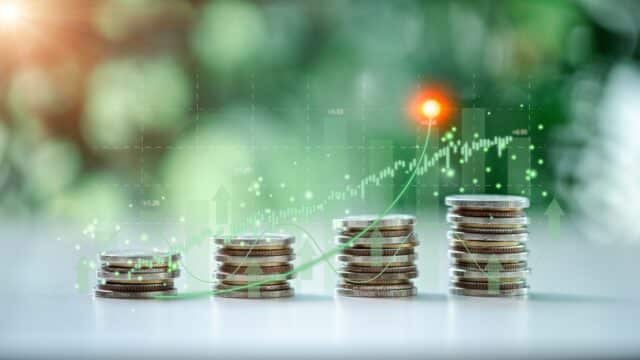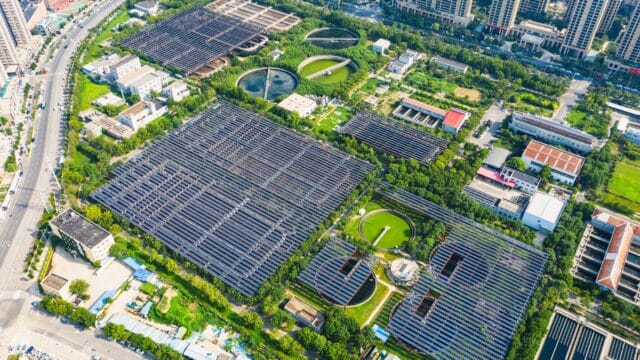Articles

Battery Energy Storage Systems Development – ASEAN Members Fall Behind
Battery energy storage systems (BESS) are becoming an integral part of the global push to develop renewable energy sources to rein in carbon emissions from fossil fuel-based power projects. However, the Association of Southeast Asian Nations (ASEAN) bloc is falling behind in technology implementation due to a lack of awareness and policy initiatives.

Environmental Issues Around San Miguel Corporation Deter Investors
In one way or another, SMC is a part of the daily life of many Filipinos and its actions have serious implications. Financiers and investors should be wary of this.
Solar Energy in the Philippines – Current State and Future
The Philippines has been steadily investing in building out its solar energy capacity. The country's high levels of solar irradiation and large density of islands make solar a great choice. Hopefully, the Philippines can be a leader for the region and provide an example to neighbouring countries regarding the implementation of wide-scale renewable energy.
Hydropower in the Philippines – Role and Future
The Philippines aims to generate 35% of its energy from renewable sources by 2030. This plan will increase hydropower capacity by over 160% through incentivising local and foreign investment. The Department of Energy has already approved 450 new hydropower facilities in recent years, and we expect this trend to continue into the coming decades.
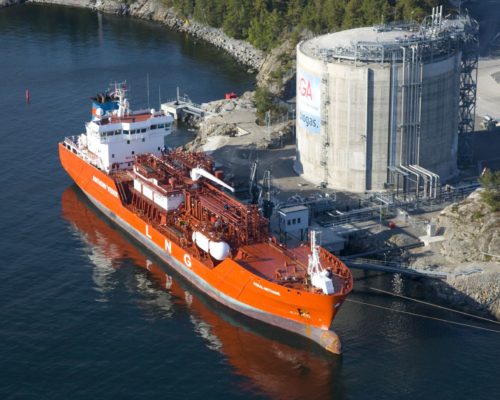
5 Global LNG Projects 2024
Increasing demand has been driving up LNG prices since 2021. Experts expect that this demand will continue to grow, and without new LNG infrastructure, demand will outstrip supply. Luckily, several major LNG projects are in progress, and more are expected to follow.
Types of Hydrogen: Grey, Blue and Green
There are three main types of hydrogen that are categorised based on the production method and type of energy input.
Bangladesh’s Energy Scenario in 2024
As Bangladesh recovers from energy shortages in 2022, there are questions about its energy stability in the coming years. While the country aims to produce 40% of its power from renewable sources by 2040, the current government is negotiating long-term LNG contracts. Without a switch to renewable energy, Bangladesh's energy grid will remain vulnerable to energy disruptions and the associated economic disruption.
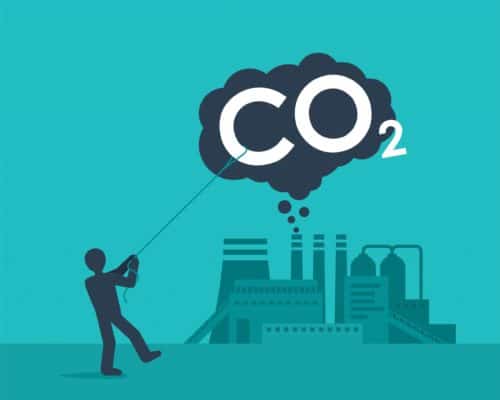
Top 10 Carbon Capture Companies in 2024
The carbon capture market is growing. This demand is being met by a variety of companies, ranging from startups to established fossil fuel giants. This trend will likely continue as the technology becomes more efficient and adoption continues to increase.
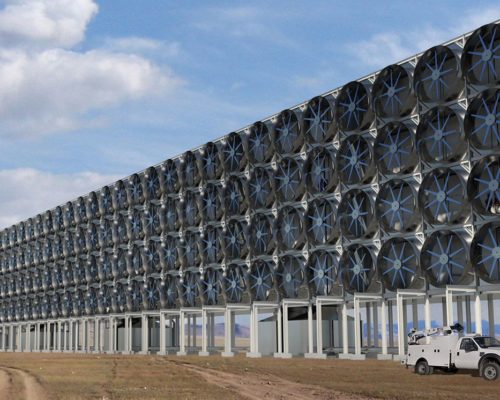
Carbon Capture Technology And How It Works
Carbon capture technology has come a long way over the past several decades, but it is still in the early stages of adoption. As a result, there are only three main types of carbon capture being used, with several new technologies currently in development. As carbon capture becomes more efficient, it will have a growing role to play in the world's low-carbon future.
Hydroelectric Energy: Advantages and Disadvantages
The advantages and disadvantages of hydroelectric power are long. While it is one of the largest sources of renewable energy globally, it remains divisive amongst clean energy advocates. Its place in the energy transition is still up for debate.
Wind Energy in the Philippines – Present and Future
The Philippines has significant onshore and offshore wind potential, but it has remained largely untapped. However, with its renewable energy goals, a growing number of wind farms are appearing across the country. This includes the largest wind energy facility in Southeast Asia.
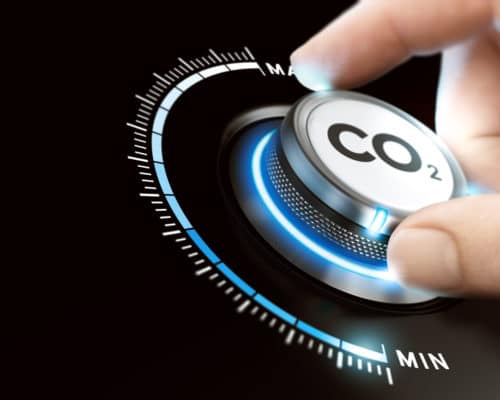
3 Top Carbon Capture Stocks in 2024
Publicly traded carbon capture companies range from startups to established fossil fuel majors. The industry is still fairly young, but market predictions show that carbon capture technology will grow significantly over the next several decades. For investors, this provides the opportunity to support the energy transition while investing in a possibly lucrative industry.
Energy Crisis in the Philippines and Asia
With global LNG prices reaching unprecedented highs, several countries in Asia are now facing an energy price crisis. How is this affecting the people and how are governments responding?

Southeast Asia Economy: Waiting for Green Investments
A new report by Bain & Company, GenZero, Standard Chartered and Temasek emphasises the necessity of significant investments to bolster the green energy shift in Southeast Asia. It highlights the inadequate current actions towards this transition and notes the challenge of meeting decarbonisation objectives amid rising energy needs in the region.
Most Popular
Most Popular
Categories
-
10
-
34
-
126
-
4
-
17
-
46
-
52
-
11
-
10
-
15
-
24
-
6
-
1
-
5
-
6
-
283
-
200
-
17
-
24
-
1
-
1
-
23
-
41
-
44
-
88
-
18
-
86
-
41
-
17
-
11
-
43
-
54
-
86
-
299
-
22
-
44
-
36
-
11
-
42
-
36
